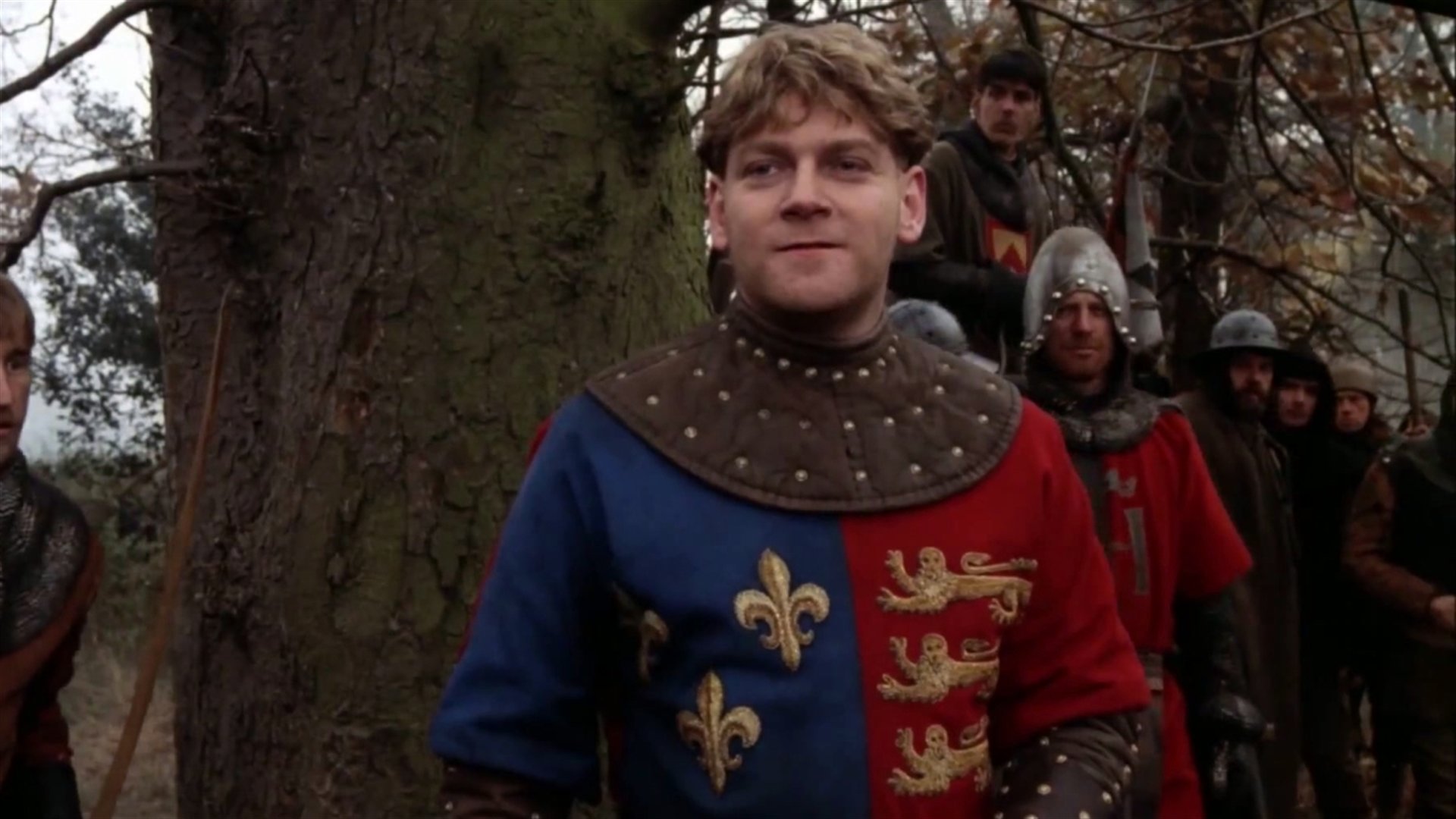It’s a fortunate quirk of our calendar that this year St Crispin’s Day, the day on which Henry V led the English to victory against the French in 1415 and made immortal in Shakespeare’s “Henry V,” fell two weeks before the presidential election, a day on which a sizable portion of our nation’s evangelicals will demonstrate precisely the sort of cowardice Henry’s words so beautifully condemn.
Login to read more
Sign in or create a free account to access Subscriber-only content.
Topics:
